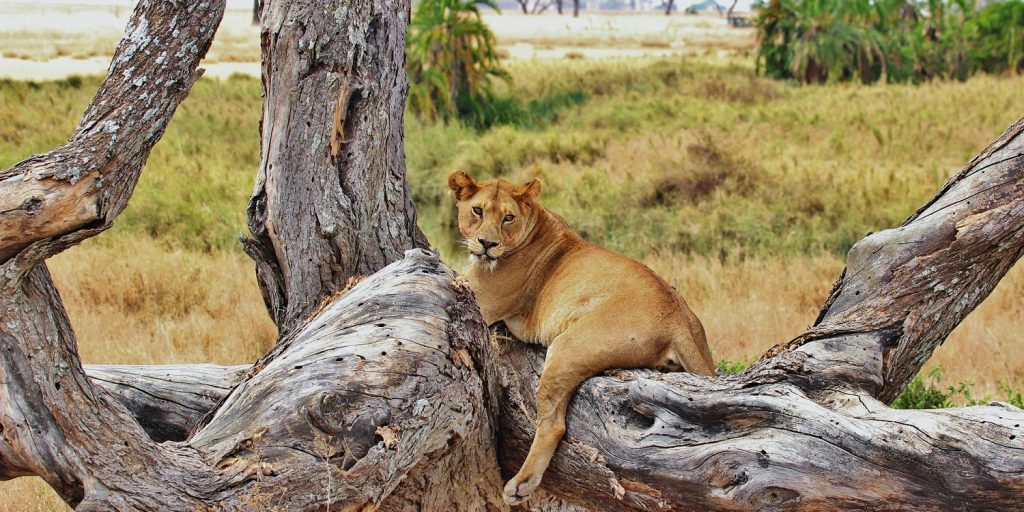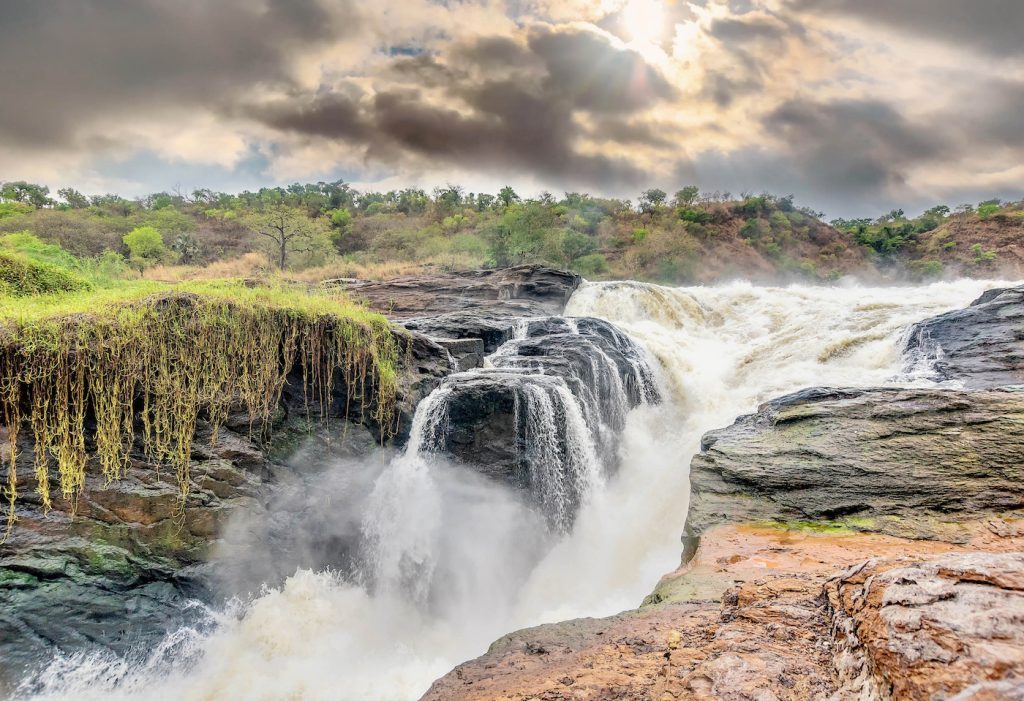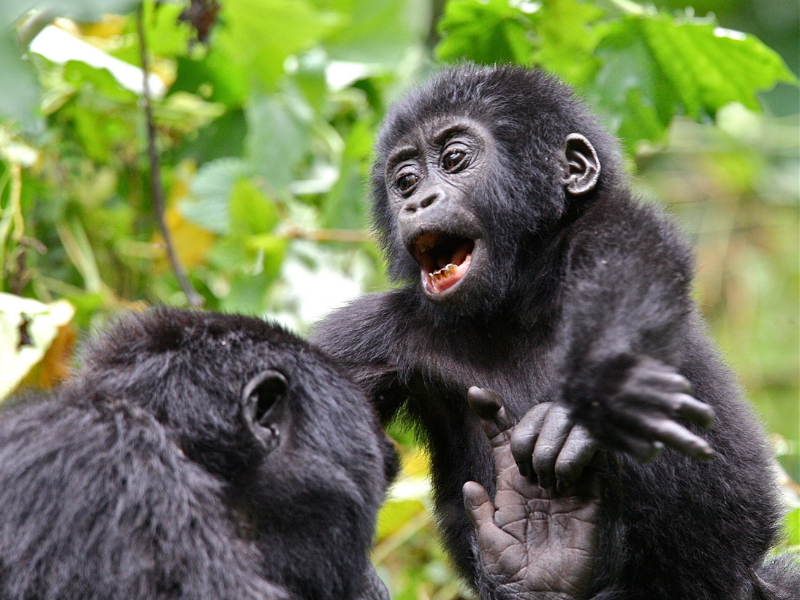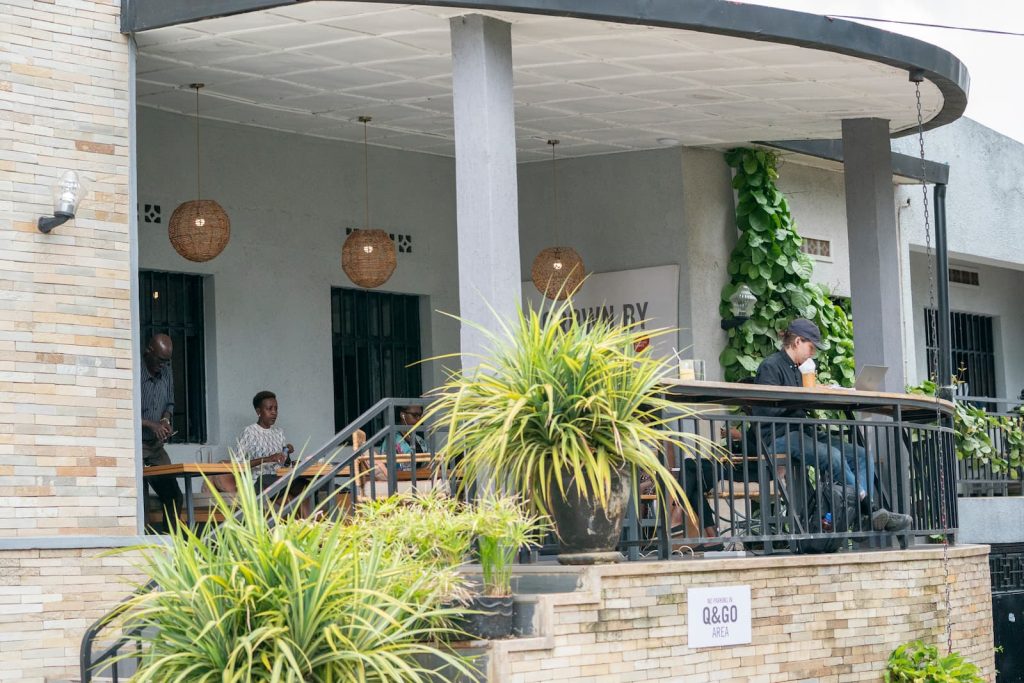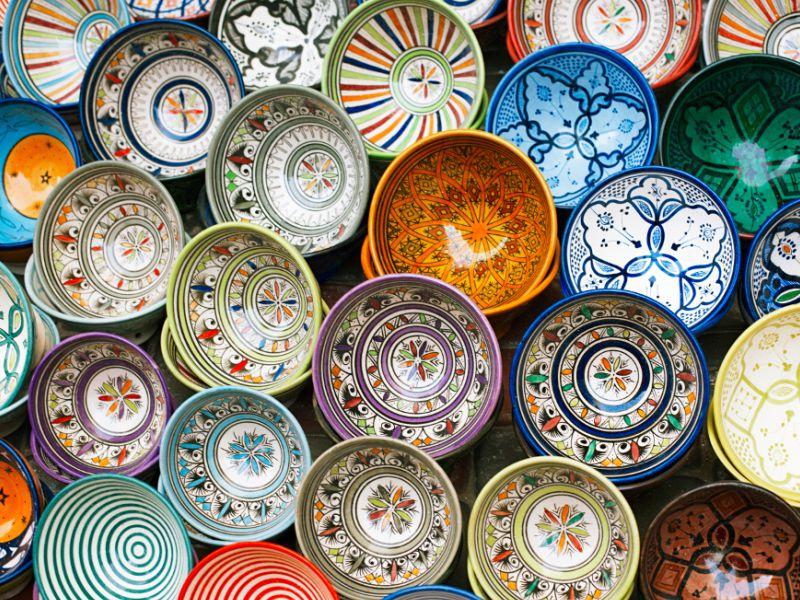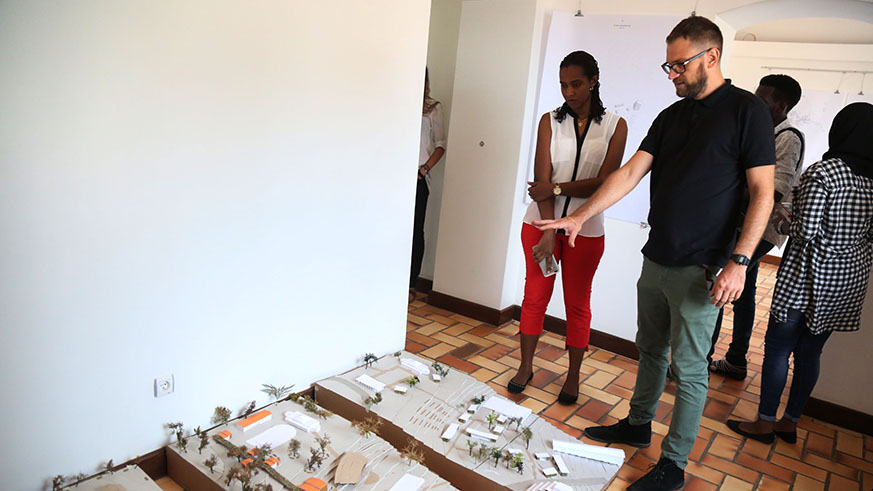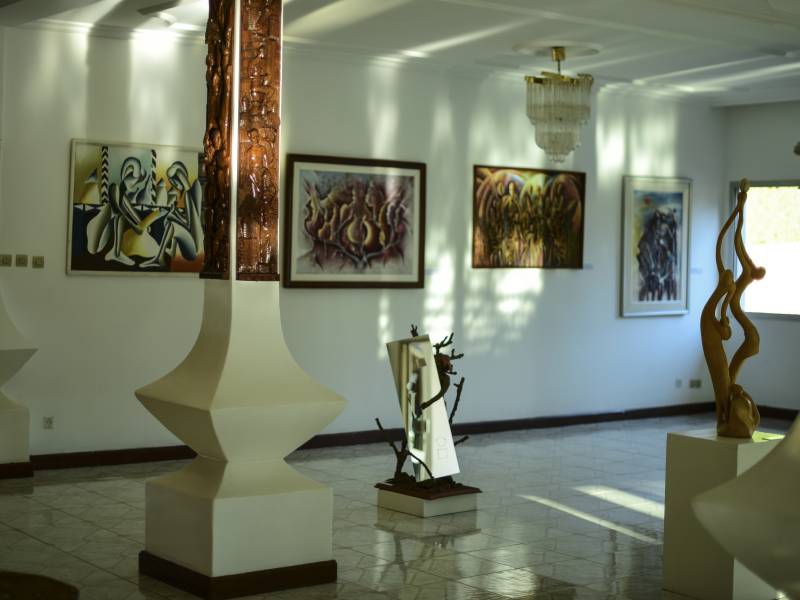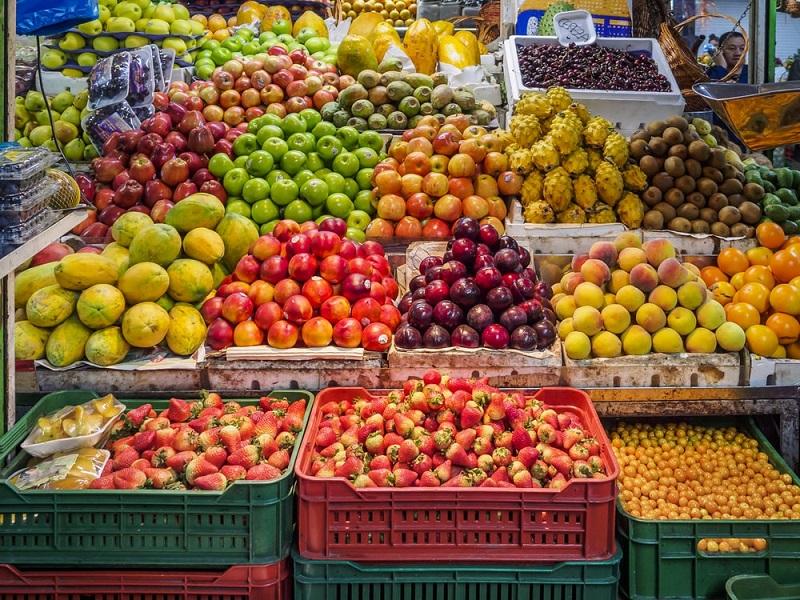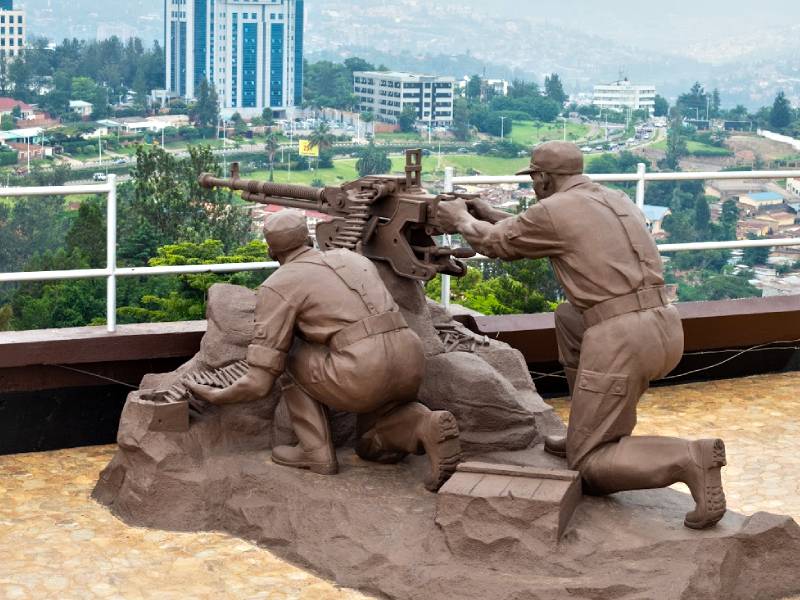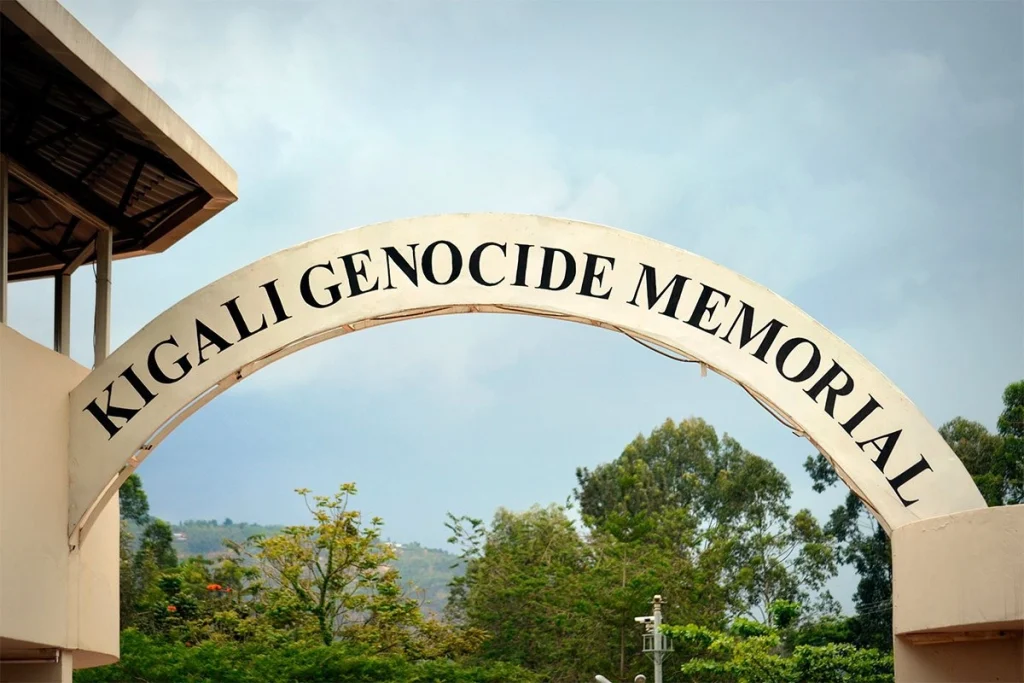Experience the Magic of Classic Africa Safaris with Universal Africa Safaris
Classic Africa Safaris; Embark on a journey like no other with Universal Africa Safaris, your gateway to unforgettable classic African safari adventures. Renowned for their exceptional service and deep knowledge of the continent’s wildlife and landscapes, Universal Africa Safaris offers a range of meticulously curated safari packages that promise to deliver the ultimate in adventure, comfort, and cultural immersion. Discover the Wonders of Africa Africa’s diverse landscapes, from the sprawling savannas of the Serengeti to the lush rainforests of Bwindi, offer unparalleled opportunities for wildlife viewing and exploration. Universal Africa Safaris specializes in classic safaris that capture the essence of Africa’s natural beauty and rich cultural heritage. Classic Africa Safaris with Universal Africa Safaris feature: Iconic Wildlife Experiences: Witness the majestic Big Five—lion, leopard, elephant, buffalo, and rhino—in their natural habitats. Explore renowned game reserves and national parks such as the Serengeti, Maasai Mara, Kruger National Park, and Etosha, where guided game drives provide intimate encounters with Africa’s most extraordinary animals. Cultural Encounters: Gain insights into the traditions and lifestyles of Africa’s indigenous communities. Universal Africa Safaris incorporates visits to local villages and cultural sites, offering a deeper understanding of the continent’s diverse heritage. Luxurious Accommodations: Enjoy top-notch lodges and tented camps that combine comfort with authenticity. From luxury safari lodges overlooking game-filled plains to intimate tented camps providing a true wilderness experience, Universal Africa Safaris ensures that your stay is both memorable and comfortable. Scenic Beauty: Marvel at Africa’s breathtaking landscapes, from the Great Rift Valley’s dramatic escarpments to the serene beauty of Lake Victoria. Each safari itinerary is designed to showcase the continent’s stunning natural vistas and varied ecosystems. Booking Your Safari Planning your African adventure is easy with Universal Africa Safaris. To get started, you can reach out through the following: Phone: +250 781 441 853 Email: info@universalafricasafaris.com Website: Universal Africa Safaris Tour Packages Their website provides comprehensive details on tour packages, including itineraries, pricing, and booking procedures. Whether you’re seeking a classic safari experience or a tailored adventure, their team is ready to assist you in crafting a journey that meets your expectations and exceeds your dreams. Why Choose Universal Africa Safaris? Universal Africa Safaris for classic Africa safaris stands out for its commitment to providing personalized service and exceptional safari experiences. Their knowledgeable guides, attention to detail, and dedication to sustainable tourism practices ensure that your safari is not only thrilling but also respectful of the environment and local communities. Embark on classic Africa safaris with Universal Africa Safaris and create memories that will last a lifetime. From awe-inspiring wildlife encounters to serene moments in Africa’s pristine landscapes, every aspect of your journey will be meticulously arranged to ensure a seamless and extraordinary adventure. Start planning your dream safari today and let Universal Africa Safaris guide you through the heart of Africa’s wilderness.

